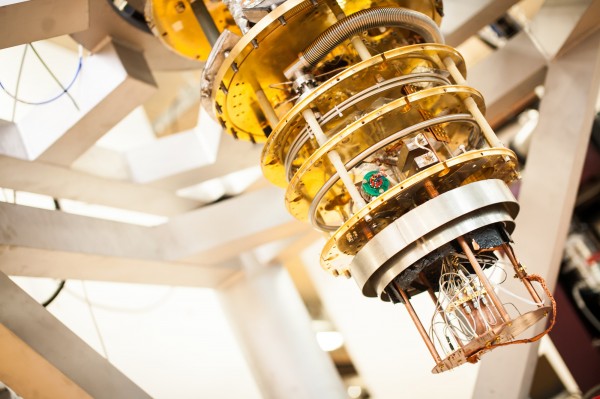Intel is already a leading name in the industry when it comes to quantum computing, and now, the world’s largest chip company is betting that it can turn everyday silicon in quantum computing material. While competitors in the quantum computers race such as IBM, Google, and Microsoft are all working on different components to what we see in today’s computers, Intel is looking to use everyday silicon that we do see today.
Collaboration between a team of Intel quantum hardware engineers and researchers at TU Delft’s QuTech quantum research institute in the Netherlands has been established with thanks to a $50 million grant that was received last year. And great results have already been achieved. Earlier this month Intel announced they are now able to layer the silicon needed for quantum computing straight onto the standard wafers that are currently being used in chip factories.
This is what sets Intel apart from the rest of the crowd. They’re the only ones who have managed to advance silicon qubits this far. Jim Clarke, Director of quantum hardware at Intel, says about Silicon, “the expertise and equipment used to make conventional chips with billions of identical transistors should allow work on perfecting and scaling up silicon qubits to progress quickly. The hope is that of we make the best transistors, then with a few material and design changes we can make the best qubits.”
Materials companies Urenco and Air Liquide are also involved in the process that helps Intel carry out their testing with silicon qubits on standard chip wafers. Andrew Dzurak dedicates his time to working on silicon qubits at the University of New South Wales, Australia, and he says, “To get hundreds of thousands of qubits, we will need incredible engineering reliability, and that is the hallmark of the semiconductor industry.”
So it seems that Intel has got quantum computing under wraps and could well be the first to win this race. But, with the likes of Google, IBM, and now startup company Rigetti Computing working on superconducting qubits, who knows; we’ll just have to wait and see.
More News To Read











